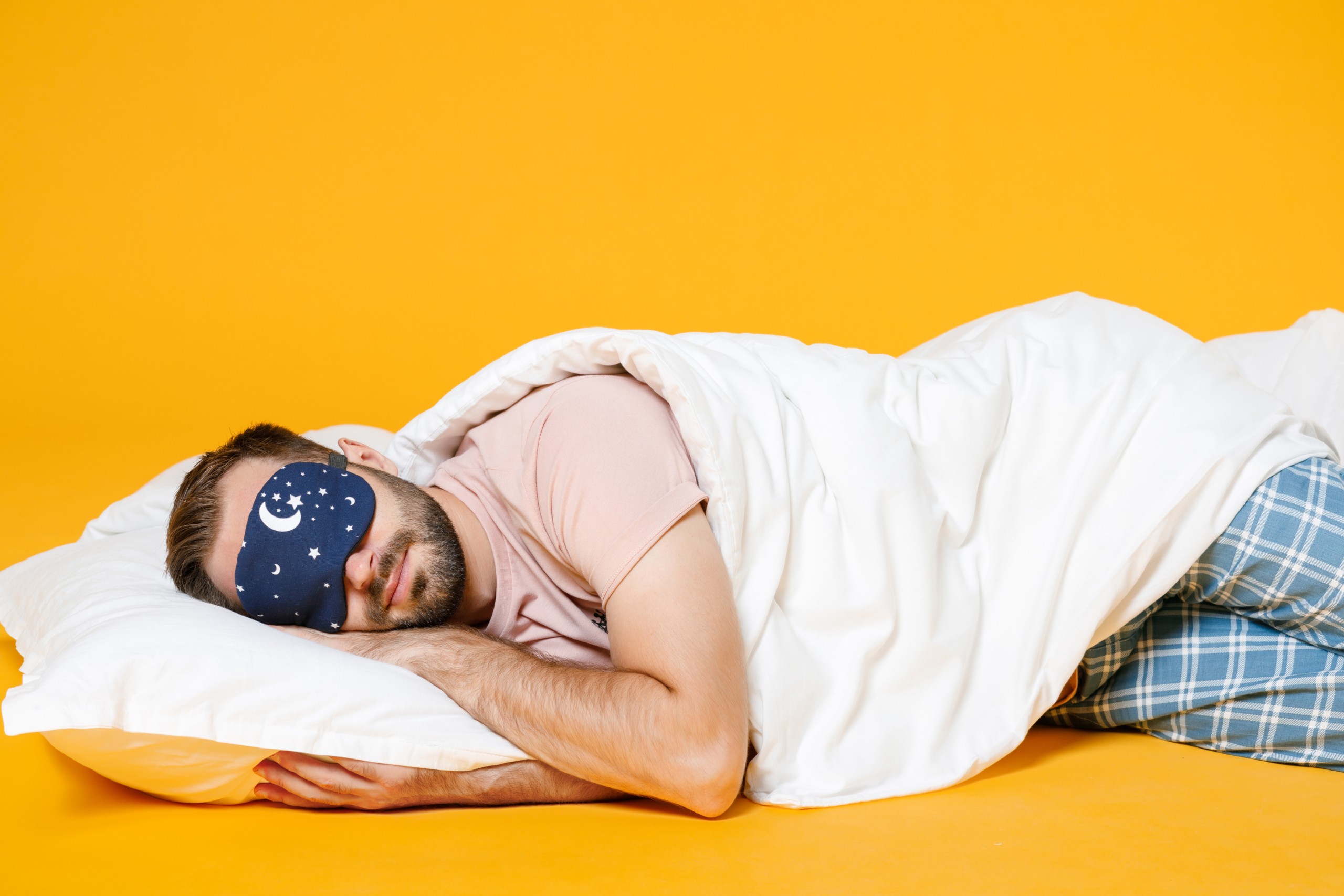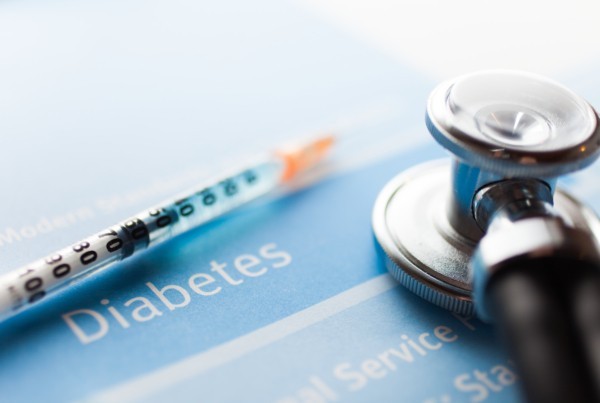Whereas self-care and rest used to be thought of as luxuries or even laziness, we now understand the value of prioritizing our needs to support our physical and mental wellbeing. Getting a good night’s sleep is known to improve your mood and concentration, and even reduces the risk of heart disease. But did you know that men who get good quality sleep are also more likely to produce healthier sperm?
Sperm Production and Sleep
Many of us don’t get enough sleep. We may work into the evening, stay up late watching a movie, or get sucked into scrolling through social media. Compared to our ancestors, the average person now gets around one to two hours less sleep per night.
Poor sleep quality includes one or more of the following:
- Not sleeping for long enough – the average adult needs 7 to 9 hours each night
- Not feeling rested, or feeling that you had a ‘bad night’s sleep’
- Taking a long time to fall asleep
- Waking up during the night
- Regularly having a bad night’s sleep, rather than it only occurring occasionally
- Having to use sleep medication
- Feeling tired or sleepy in the daytime
In the last few years, scientists have gained a better understanding of the relationship between sleep and sperm production. In 2019, researchers in a Reproductive Medicine Center in China studied 970 men whose average age was 32. They found that men who had poor sleep quality were more likely to produce poorer quality sperm. Specifically, poor sleep was associated with a lower sperm count, reduced mobility, lower sperm concentration, and a greater number of abnormally formed sperm cells.
Although this sounds alarming, it is reassuring to remember that many men with a below-average sperm count are still able to conceive. However, to give your sperm the best chance, you may want to consider making sleep a priority.
Sleep Hygiene in Practice
Sleep hygiene is the term used to describe healthy habits that will help you get a good night’s sleep. To improve the quality of your sleep, you may like to try:
- Getting into a consistent sleep routine. Go to bed at the same time every night, and get up at the same time each morning, even on the weekends. This is known to improve sleep quantity and quality.
- Creating a relaxing environment. For the best sleep, make sure your bedroom is quiet, dark, and a temperature that makes you feel comfortable.
- Turning of screens. Avoid watching TV in bed and put other screens away, including tablets and smart phones.
- Exercising earlier in the day. Getting active in the day can help you to sleep better at night. It is best to exercise at least 4 to 5 hours prior to going to bed, so try to exercise in the morning or early afternoon.
- Planning mealtimes. Try not to eat a big meal just before you go to bed, and avoid drinking caffeine or alcohol in the evening.
- Limiting fluids. If you find yourself getting up to go to the toilet in the night, stop drinking an hour or two before bedtime to avoid disturbed sleep.
Final Thoughts
Many factors can influence sperm quality. Getting a good night’s sleep is one step you can take to support healthy sperm production. If you are curious to know more about your sperm quality, the YO Home Sperm Test allows you to check your motile sperm concentration at home. Based on your results, you may feel empowered to continue trying to conceive, or decide to approach a clinic for further advice.







